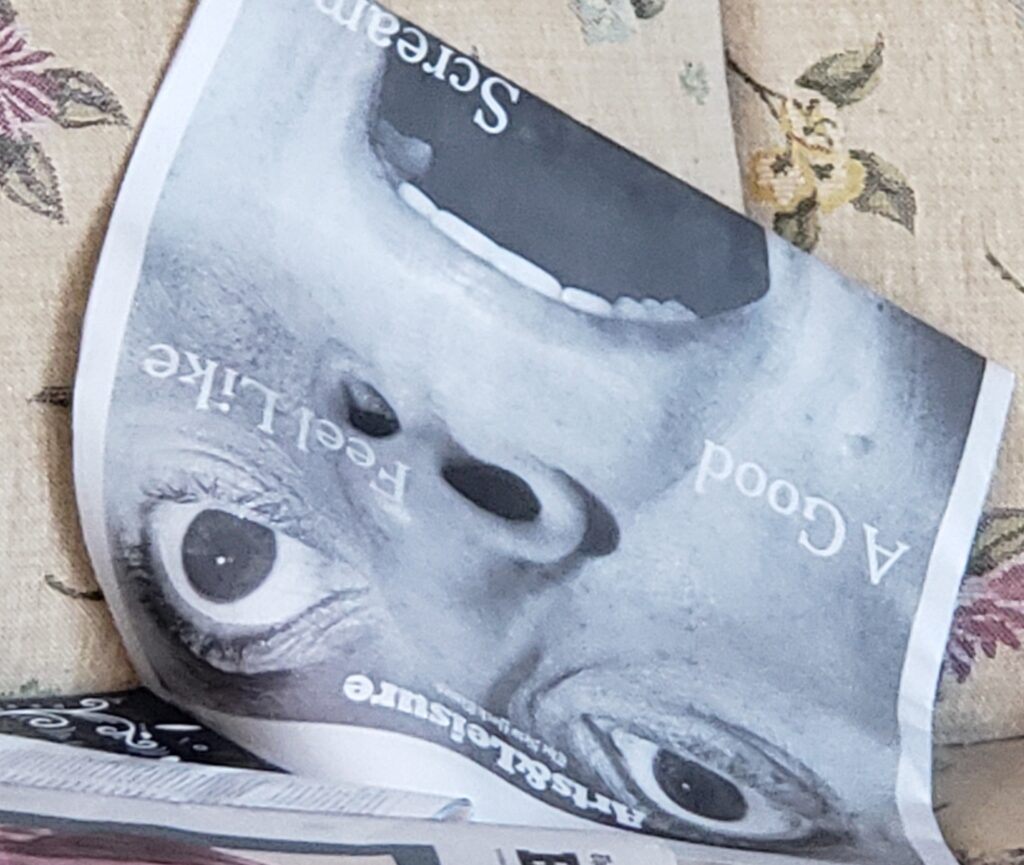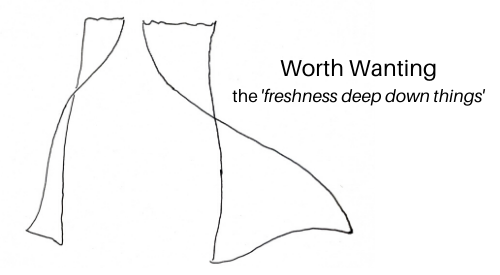
As we welter in this compounding Covid catastrophe, the absent issue is death itself.
We do have numbers, ever larger. We do have stories, always moving. We do have questions, ever perplexing. Public health officials, journalists, scientists are hard at work addressing all these. But the institutions in our civilization that deal with meaning are largely silent on the issue of death as it comes to us nearly 2000 times, and growing, every day.
Maybe death is always what it is, something to deplore, something to ignore, something to pass over blithely to what’s beyond. Maybe there’s nothing new to be said about this ancient reality, and we need to just keep as calm as possible and carry on.
But death is manifesting itself in a way we haven’t seen before in living memory (all younger than 100) and in a world very different from any which was the context of similar experiences in the past.
It’s not a war, yet there’s a casualty rate higher than in most armed conflicts. There’s no physical destruction, yet institutions are being hollowed out. It’s not violent, and, in fact, we are most at risk when we’re doing what we love the best. There’s an insidiousness that makes us suspicious of everyone. There’s a randomness that sends us ricocheting between tentative complacency and dread. The enemy is global and imposing, but risk is local and intimate.
Then, oh woe, we get sick and perhaps go to the hospital, unable to breath, or if intubated, unable to talk, alone but for solicitous but overworked strangers. Then, often, we die. No family gatherings of loved ones, no treasured last words. Maybe not even a funeral thereafter. Simple banal cessation. Not a finishing, just a stopping.
Some say Covid is just culling us, nothing to be concerned about. Others console: we’ll all die sooner or later. Tomorrow, it will be yesterday’s news. Grass is always waiting to grow over the graves.
But can any institution like a civilization fail to address that rock-solid reality of human existence, death, and not itself founder on the same reef. Institutions need to help us live in the presence of possible death, to prepare for death and for dying, and to put the absence that death represents in perspective for those who survive. If anything is meaningful to us as individuals, then surely death, and if death is more than just a tally in this terrible time, what then is it?
Death is old and inevitable, but it comes to us in forms of fresh force all the time. How should we live and die with this Covid death? It’s time to look anew at whatever answers we have on call to the questions that this death puts us, and make very sure that we still have confidence in them. Covid is today’s stress-test of our institutions of meaning.
What a great and growing stream of anguish and consternation is gushing over all of us individually and collectively these days. Listen carefully and you can hear gasps and sobs from all over the planet, and especially here in this national community where I write. It’s awful, awful. Tragedy after tragedy after tragedy. Words fail.
Don’t-discuss-it denialism is one way to deal with death. Is that appropriate to our dignity as human beings?
Consideration of the freshness ‘deep down things’ is the way forward.
